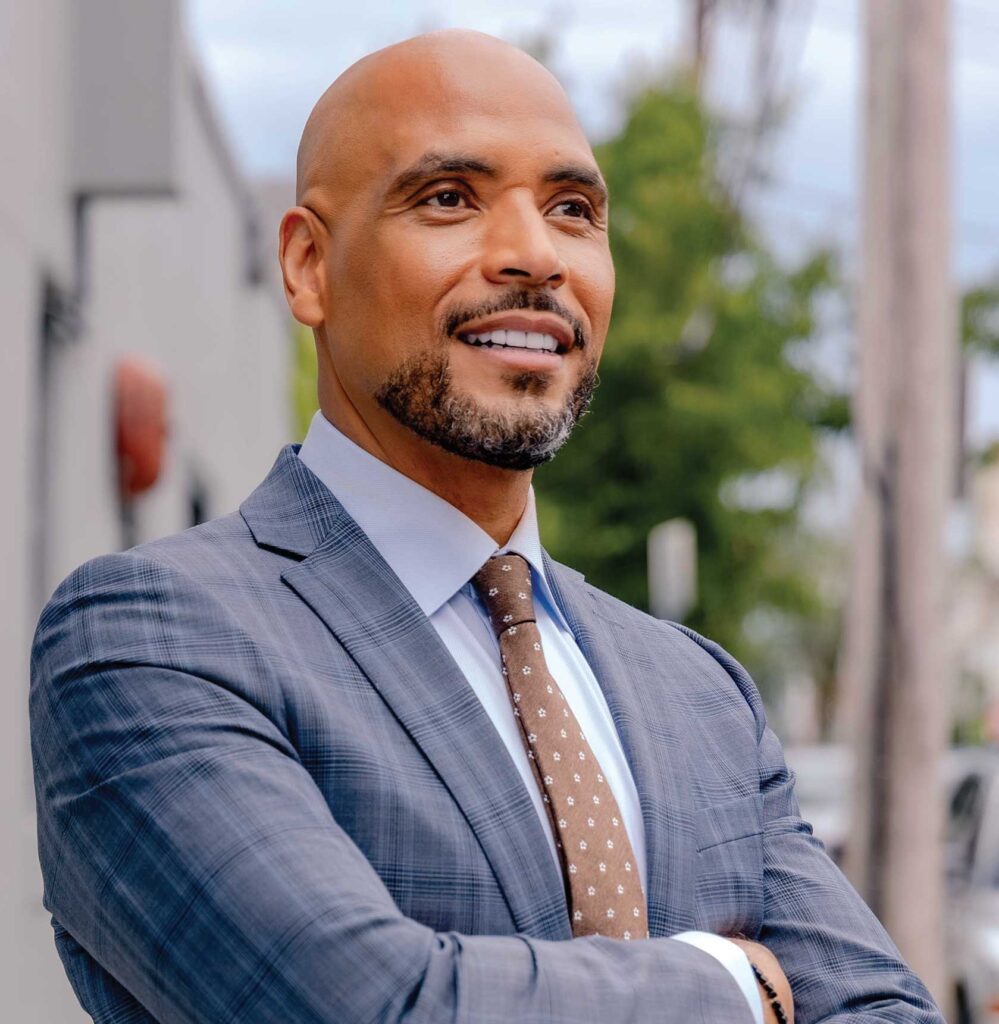Equity and inclusion top priority in Mass Cultural Council 2024 plan

The Massachusetts Cultural Council recently announced its $44 million budget and a new strategic plan for the 2024 fiscal year. The state agency has received the second-largest budget in its history this year and has committed to using those funds in an equitable way, aiming to support more BIPOC artists than ever.
“We have been prioritizing diversity, equity and inclusion both internally and externally,” says Michael J. Bobbitt, executive director of the Massachusetts Cultural Council (MCC). “And some of the ways is seeing how we can prioritize groups and people and organizations that have been historically underfunded by society, but also by the council.”
Bobbitt took over as executive director in 2021 after serving as the artistic director of New Repertory Theatre in Watertown, where he instituted similar diversity and inclusion policies. He is the first African American executive director in MCC’s history.
Reaching historically underfunded artists and organizations requires extensive outreach to those demographics so that they both understand that they can apply for grant money and have all the necessary support to do so. MCC has made grant applications much more accessible by keeping them short and readable, submittable on a computer or a smart phone and by providing resources like translation services.

MCC grant recipient Bosede Opetubo with her artwork, “Wallpaper No 10.” PHOTO: COURTESY OF BOSEDE OPETUBO
These efforts are working. When MCC was allocating grants this year from the Pandemic Relief Fund for creatives of all kinds from painters to tattoo artists who had lost revenue and opportunities due to the pandemic, they received what Bobbitt estimates to be the highest number of applicants ever for a single grant.
According to the Council, 59% of those recipients self-identify as People of the Global Majority/BIPOC, representing about 2,360 of the 4,000 grants awarded.
Bosede Opetubo is one such artist that benefited from an MCC grant. The $5,000 she was awarded helped to purchase materials, take a class at the Eliot School of Fine Arts in Jamaica Plain and pay for travel and other exhibition expenses. She has an exhibition titled “Bosede A. Opetubo: Wallpaper” on view at the Jamaica Plain Branch of the Boston Public Library through November 1. But just as importantly, being awarded these funds validated Opetubo as an artist.
“As someone who recently stepped into my identity as an artist, there’s a little bit of self-doubt there,” says Opetubo. “It felt really validating, like a little bit of a stamp of approval, to know that someone evaluated my work from the perspective [of] me being an artist and was willing collectively go to bat for me.”
In addition to further increasing diversity, equity and inclusion efforts, MCC has taken a look at how it can support the arts community beyond funding. Part of the strategic plan for 2024 is supporting organizations that don’t receive grant money by connecting them with other resources and advocating for the importance of arts and culture statewide.
“As a state agency, we can push for policy, we can build relationships with other state agencies that may have services and fees and grants for our community, [and] we can connect with other sectors that have programming or services adjacent to the creative and cultural sector, like health care and education,” says Bobbitt.
A notable venture taking art into other community spaces is the Social Prescription Pilot Program, a project in which wellness providers and physicians can prescribe arts and culture to patients to support their health and well being. During a pilot, 1,940 prescriptions were issued in Massachusetts. Bobbitt says the next step is to get insurance providers on board to cover these cultural treatments.
The increased budget, growing 11% from the 2023 budget of $22.5 million to nearly $25.9 million this year, is a positive sign when it comes to Massachusetts’ investment in the arts, although the dollar amounts don’t necessarily align with inflation. The state’s highest monetary allocation for the arts came back in 1988.
The $44 million total that MCC plans to spend includes $11.7 million in leftover pandemic recovery funds and money from private sources.
Another point Bobbitt emphasizes is that arts and culture is not charity, it’s a lucrative industry that leads to additional consumer spending. When folks go out to the theater for an evening they may pay for parking, they may eat dinner at a restaurant and they may even purchase a new outfit for the occasion. The arts stimulate the economy across the board.
“We are a $27.2 billion industry, which is tied with retail in the state, according to some federal information that we’ve gotten,” says Bobbitt. “That represents 4.3% of the GDP, the state’s GDP, which is tremendous.”
Fall grant applications are now open, including opportunities like the Local Culture Council Program, which provides grants to artists and groups for the benefit of the local community, and STARS Residencies, which bring together students, teachers, artists, scientists and other creative workers for three days. Individual grants for artists of all media open next month.







